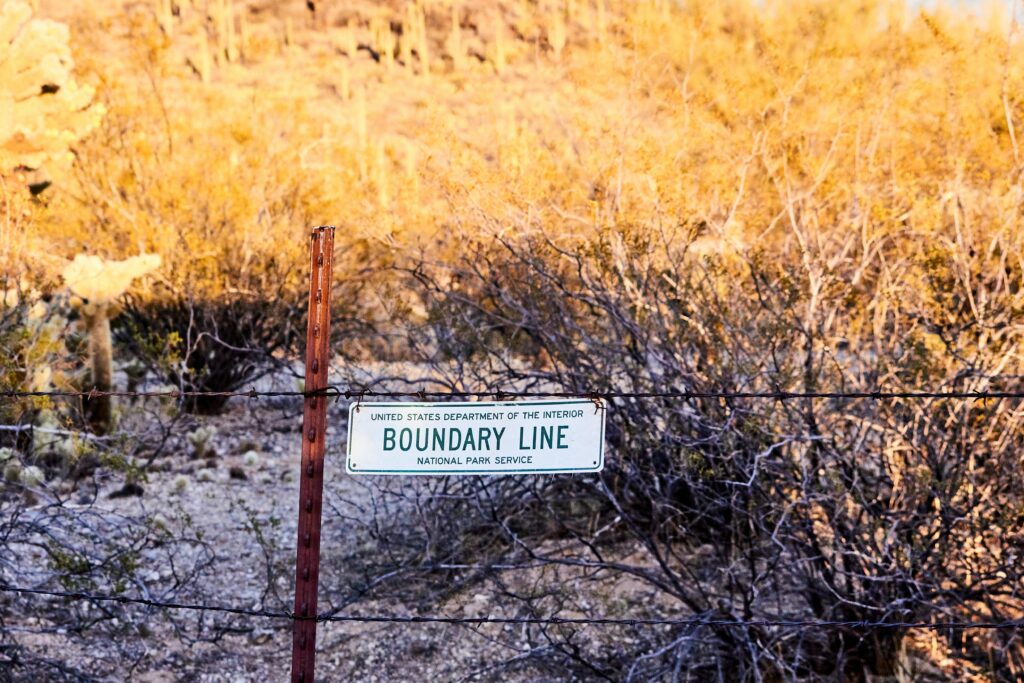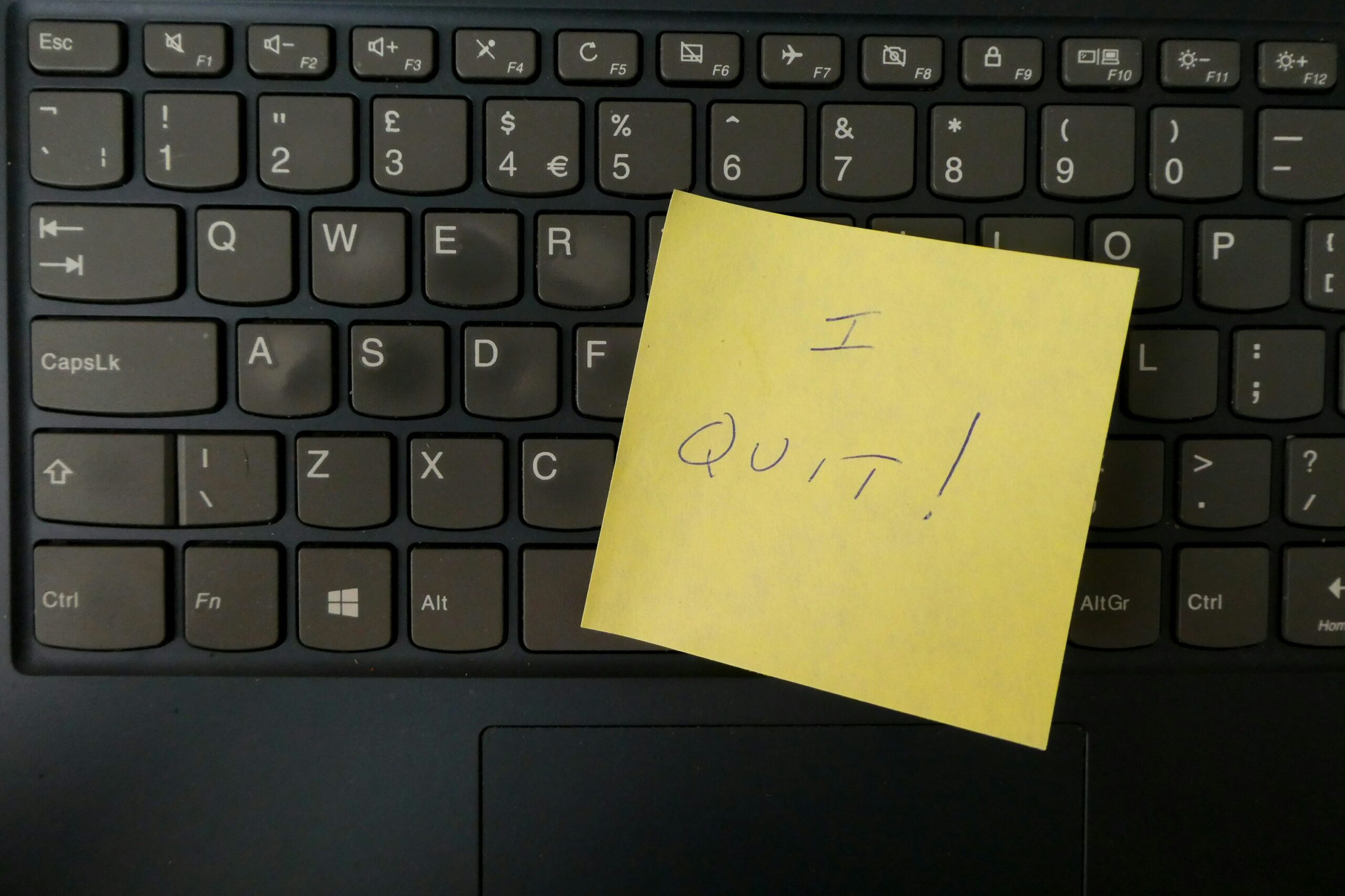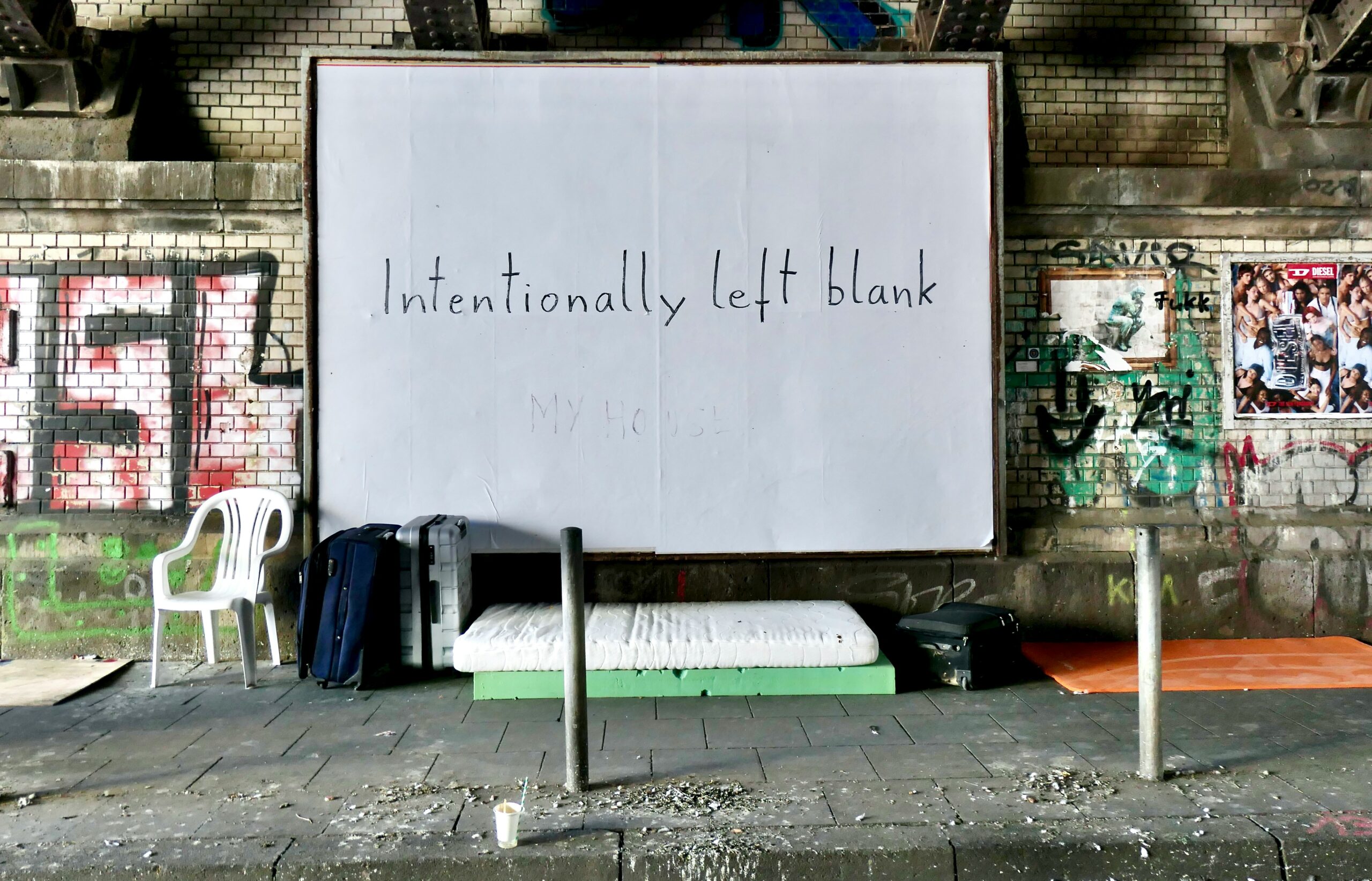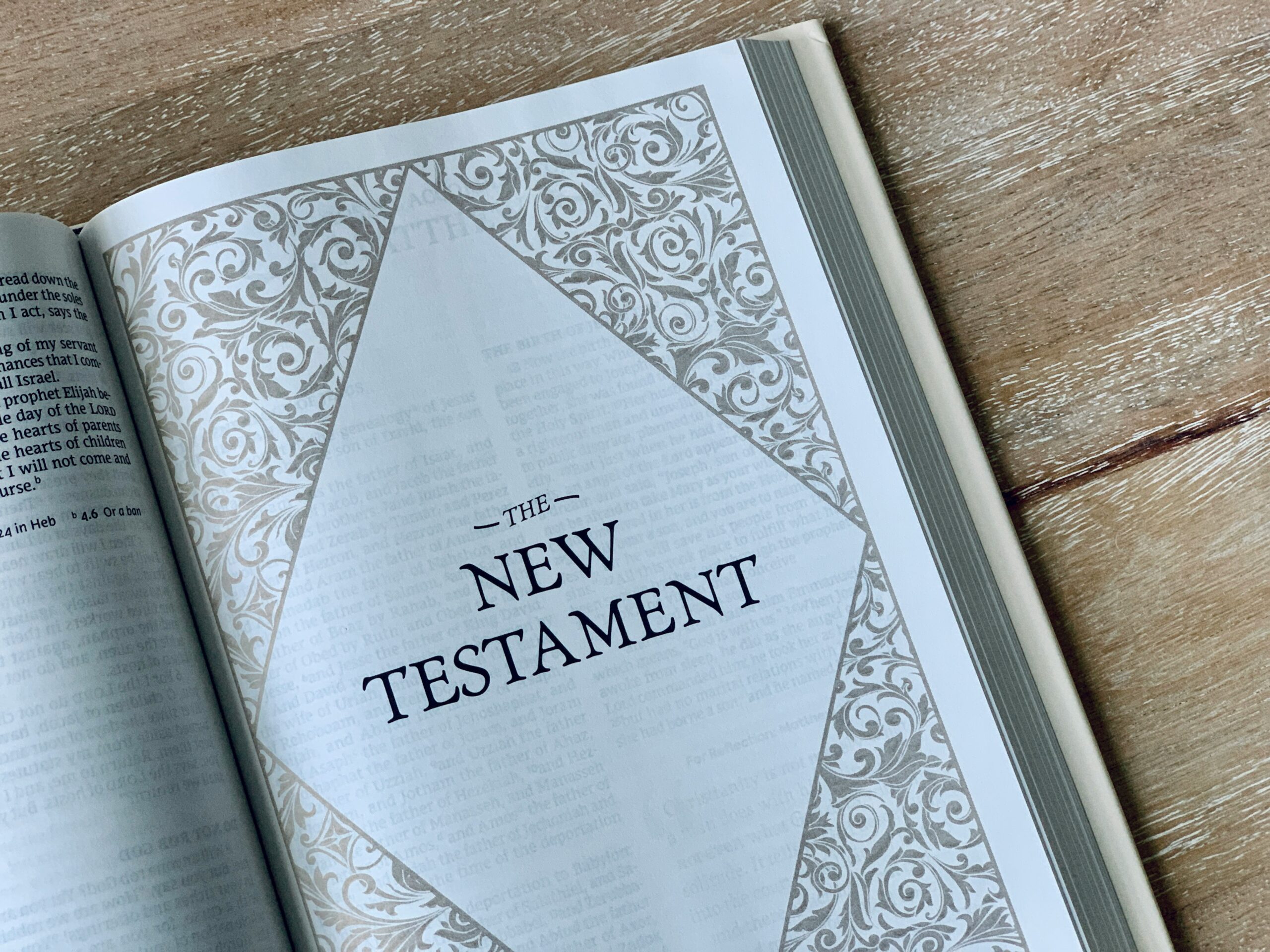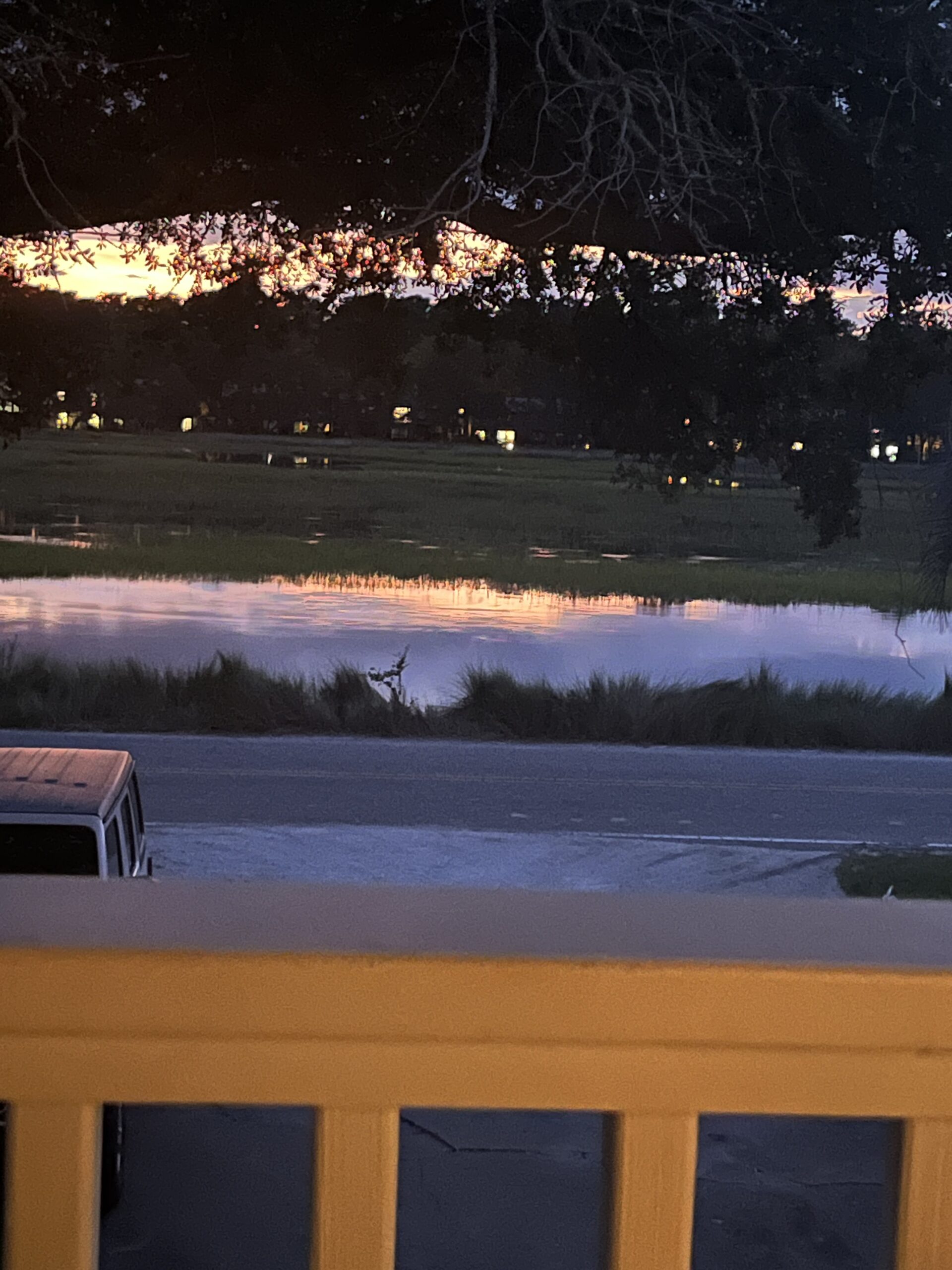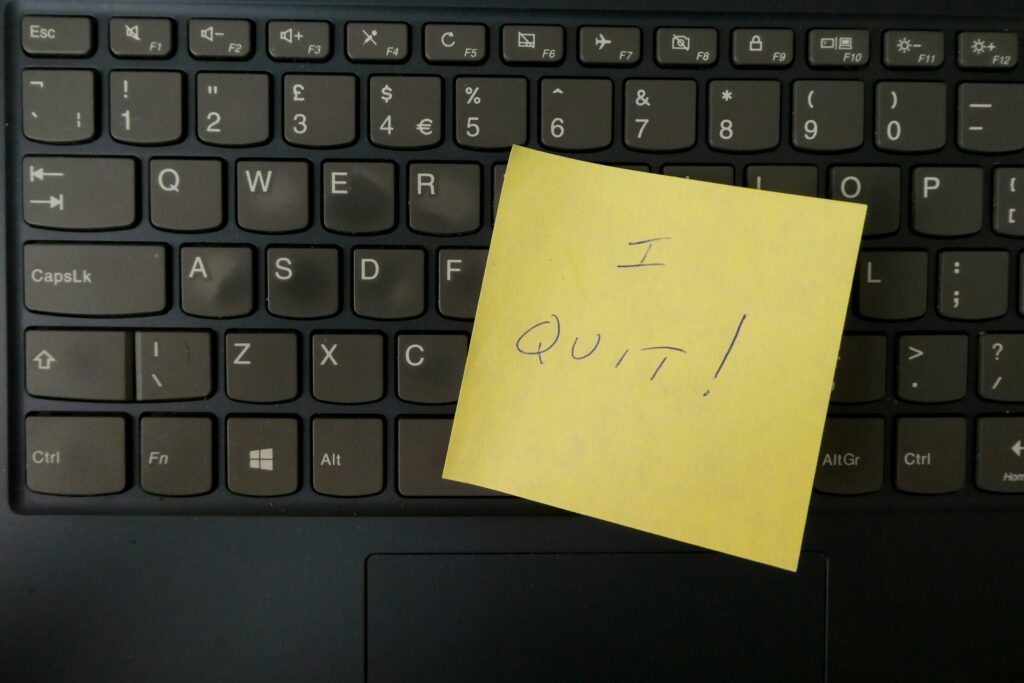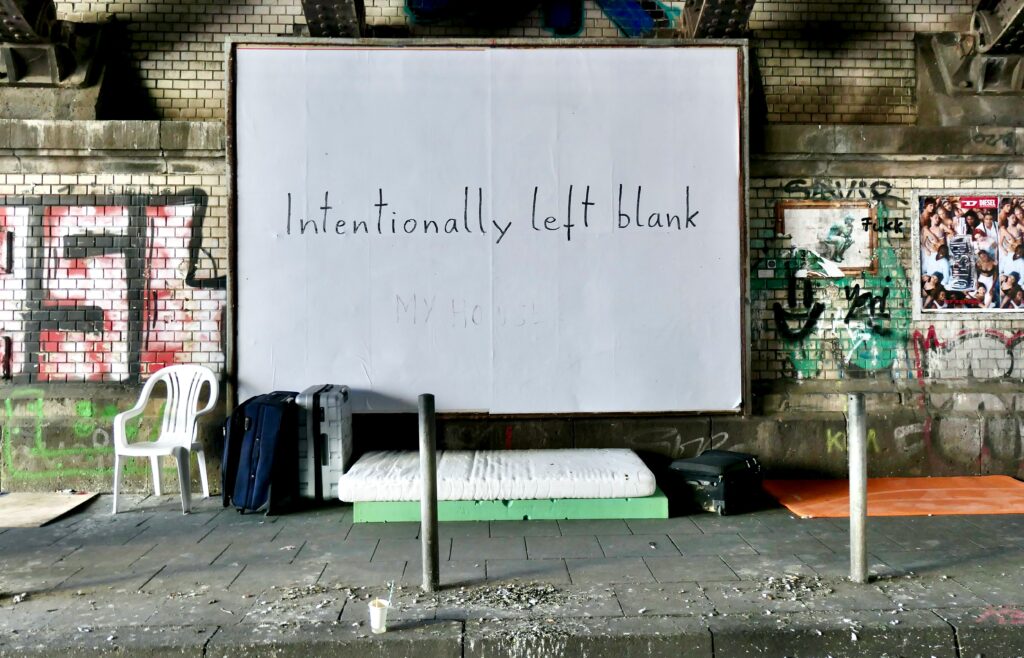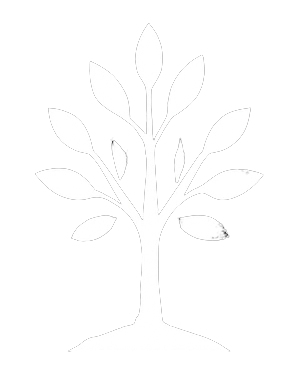Lately, the topic of “boundaries” has been on my mind. Many years ago, I read a book by Henry Cloud and John Townsend called Boundaries: When to Say YES, When to Say NO. I stumbled across the book by happenstance. My wife and I were headed for a long weekend on the coast, and we stopped off at Barnes and Noble and I saw the book, knew nothing about it, but the title was intriguing, and I picked it up. A great find. It helped me understand that boundaries are not only healthy, but necessary. And, if you stop and think about it, boundaries are all around us. From posted speed limits (legal boundaries) to social norms and morals (a form of boundaries), and even in workplaces (dress codes, behavioral expectations, etc.) It is impossible to exist in our society without some form of boundaries. But if you are like me and have a certain degree of wanting to “please people” or “always be accepted” boundaries can seem hard. Being raised a good ole’ southern boy where hospitality is expected, when most people think of kindness, they imagine open arms, helping hands, and always saying “yes.” But true kindness often includes the word “no.” Without boundaries, our kindness can quickly become obligation, resentment, or even burnout. The fact is we all need boundaries, and we need to certainly set them with kindness, but I also believe that being vague or wishy-washy in setting and expressing boundaries is not kind. Brene’ Brown says it something like this (not exactly): Clarity is kind, unclear is unkind. That applies to boundaries too. And boundaries exhibit wisdom through wise habits.
Let’s explore how boundaries and kindness go hand in hand—and how Scripture encourages us to love others wisely, not just generously.
Kindness Without Boundaries Isn’t Sustainable
You can’t pour from an empty cup. If you’re always saying yes, avoiding conflict, or sacrificing your well-being for others, your kindness may be costing you peace and purpose.
Some common signs of kindness without boundaries:
- Feeling burned out or taken advantage of
- Resentment building under the surface
- Saying yes when your heart is saying no
- Avoiding hard conversations to “keep the peace”
Over time, this leads to disconnection—not only from others, but from your true self and from God’s direction for your life.
God’s Word Is Clear on Kindness AND Boundaries
For example, in Phillipians 4:5 scripture says “Let your gentleness be evident to all. The Lord is near.” You could even say that gentleness (i.e., true kindness) is strength under control.
Scripture goes on to show us that love and limits are not enemies. In fact, boundaries are part of how God expresses His love:
- In Genesis, God gave Adam and Eve access to the garden—but also a boundary: “Do not eat of this tree.”
- In Proverbs, we are told to guard our hearts (4:23), not give unlimited access to everyone.
- In Galatians 6:2 and 6:5, we are called to help others carry their burdens but also carry our own load. That’s boundary-based kindness in action.
Jesus Lovingly Set Boundaries
Jesus was the ultimate model of kindness, compassion, and grace. But He also had clear boundaries:
- He often withdrew from crowds to rest and pray (Luke 5:16).
- He refused to meet every demand made of Him (Mark 1:38).
- He spoke hard truths in love, even when it offended others (Mark 10:21, Matthew 23).
- He didn’t allow manipulation to change His mission.
Jesus’ love was pure—but it was never people-pleasing.
Practical Ways to Express Boundaries with Grace and Love
Kindness with boundaries is honest, clear, and grounded. It might sound like:
- “I care about you, but I can’t do that right now.”
- “I want to help, but not in that way.”
- “That doesn’t work for me, but I still value our relationship.”
- “I need time to think and pray before I commit.”
This kind of kindness protects your soul and respects the dignity of others—it doesn’t control or enable them.
Reflective Questions to Help Set Boundaries
- Am I acting from love—or fear of disappointing someone?
- Is this a healthy yes—or a yes rooted in guilt?
- What’s mine to carry—and what belongs to someone else?
- Can I show love without sacrificing my peace?
Final Thought
Kindness without boundaries is exhausting. Boundaries don’t make you cold, mean, or selfish—they make you wise, whole, and rooted in God’s truth. When you’re clear about what you can give, your kindness becomes more authentic, more sustainable, and more like Christ’s. I sometimes struggle with boundaries. On the flip side, we shouldn’t always start with “no” as the default answer either just to set a boundary. Setting boundaries in personal relationships can be tough — even tougher with family or close friends. For many years, when my father was an alcoholic and drinking a lot, I learned to set boundaries. I had to — in order to protect myself from emotional trauma and to protect my family. Some relationships are just not healthy, and we need boundaries, but setting them isn’t easy. Here is another truth: not everyone is going to respect your boundary. I once heard it like this: If you think about it, farmers have boundaries for their animals. Typically, these are fences. What does a farmer do if a horse or cow or some animal breaks through the fence. HE RE-ESTABLISHES IT! Sometimes, boundaries get broken, and from people we thought we trusted. And we must re-establish the boundary. But, if we do it in love and with strength, we learn to develop that muscle. And sometimes, we may even need to extend the boundary even further if someone is continuing to abuse the boundary.
“Let all that you do be done in love.” – 1 Corinthians 16:14
Let your kindness be strong—and your boundaries be loving.


